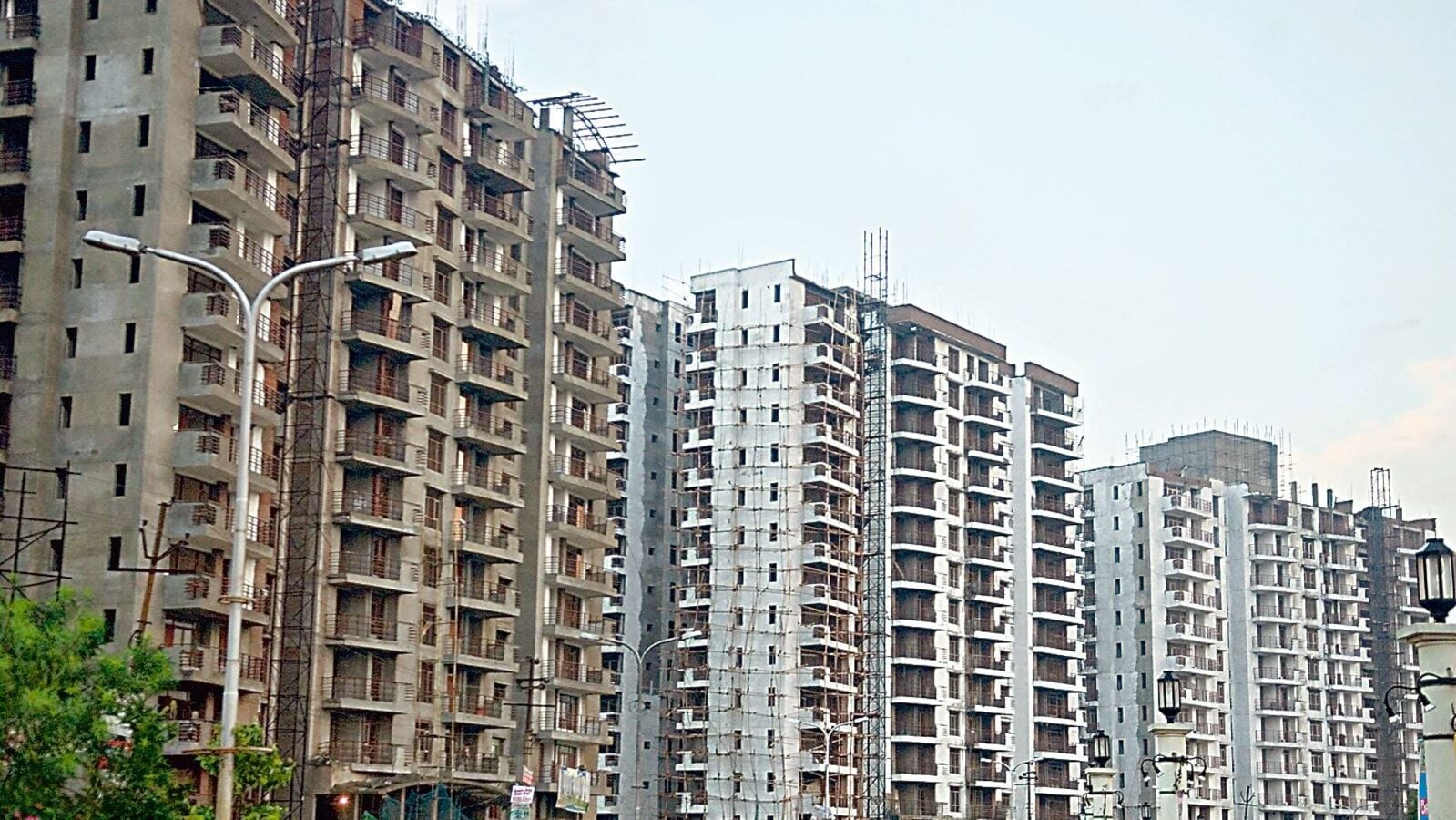India’s Central Consumer Protection Authority plans to collaborate with the Real Estate Regulatory Authority (Rera) to help homebuyers file complaints, seek compensation, and address unfair contracts with developers, according to two officials familiar with CCPA’s plans.
CCPA plans to address issues such as delays in obtaining possession of properties, defective home appliances provided by developers, and problems related to home loans, one of them said.
The consumer watchdog will also help monitor online property sales and rental platforms to ensure accurate listings and plans to take action against false advertisements or scams, the official added.
“The CCPA is dedicated to protecting consumer rights. In cases where there is a breach of trust or a deficiency in service, CCPA will intervene to safeguard the interests of consumers,” the second official said. Both of them declined to be identified.
CCPA’s plan assumes significance as India’s real estate industry is projected to grow from $200 billion in 2021 to $1 trillion by 2030, according to a joint report by the National Real Estate Development Council and EY.
But even as India’s real estate sector is booming, homebuyers are often at the mercy of developers. Rera, established in 2017, does intervene on behalf of homebuyers but hasn’t been able to rein in errant developers for two main reasons: it doesn’t have the authority to enforce its orders, and developers can challenge its decisions at a higher court, leading to more delays.
Manoj Gaur, chairman and managing director of real estate firm Gaursons India Pvt. Ltd, isn’t in favour of CCPA intervening in the real estate sector. “Rera is effectively addressing the concerns within the real estate market, making additional oversight unnecessary,” said Gaur, who is also the chairman of the Confederation of Real Estate Developers’ Associations of India (Credai).
The second official mentioned above, however, said CCPA had “no intention of overpowering the authority of any existing regulatory body”.
“It will only step in when consumers fail to have their complaints resolved through the established mechanisms. Additionally, CCPA will ensure that developers refund the money paid by consumers if they fail to fulfil their commitments as promised,” the official said.
The department of consumer affairs, under which CCPA operates, did not reply to queries emailed on 31 December.
Also read | Has Rera really served its purpose?
A second layer of protection
CCPA, which began operations in 2020, has been on a tear recently, pulling up electric vehicle makers, coaching centres, travel-booking platforms, online marketplaces, consumer durables manufacturers, influencers and celebrities for misleading or misselling to consumers.
Under Section 10 of the Consumer Protection Act 2019, the regulator can file complaints on behalf of affected consumers or take action to collectively safeguard their rights by pursuing class action to address widespread consumer grievances. (A class action is a lawsuit representing one or more individuals with similar claims or complaints against a party).
CCPA also has the authority to allow a director-general, an authorized officer, or a district collector to investigate cases involving violations of consumer rights, unfair trade practices, and false or misleading advertisements, as outlined in Section 22 of the Consumer Protection Act 2019. It can also order search-and-seizure operations to collect evidence.
But the Consumer Protection Act 2019 under which CCPA was established allows it to only impose penalties of up to ₹50 lakh for violations of consumer rights—which may not be enough of a deterrent for violators.
Besides, CCPA’s orders can be challenged in consumer courts—which can lead to a lengthy legal process, which, ironically, the consumer watchdog was meant to help consumers avoid in the first place.
Also read | Superhero minus cape: CCPA wants to protect Indian consumers but its hands are tied
Consumer rights advocacy experts, however, hope the CCPA’s plans to wade into the real estate sector will help safeguard consumer rights better.
“CCPA’s decision to actively address issues faced by homebuyers is a critical step toward fostering a more transparent and accountable real estate sector,” said Ashim Sanyal, chief executive of Consumer Voice. “By collaborating with Rera, this initiative will empower consumers, enabling them to seek redress for unfair practices, demand compensation, and challenge exploitative contracts.”
Manish K. Shubhay, partner at The Precept-Law Offices, said this would provide an additional layer of protection for homebuyers. “CCPA may also take suo motu cognizance of cases of deficiency in services and act upon them in the greater interest of consumers,” he added.
Also read | Mint Explainer: Why are class actions on the rise in India?
homebuyers,CCPA,Rera,consumer rights,consumer protection,real estate,property,builders,developers,construction delays,substandard construc
#hassled #homebuyers #additional #layer #protection #delays #hidden #charges #substandard #construction

